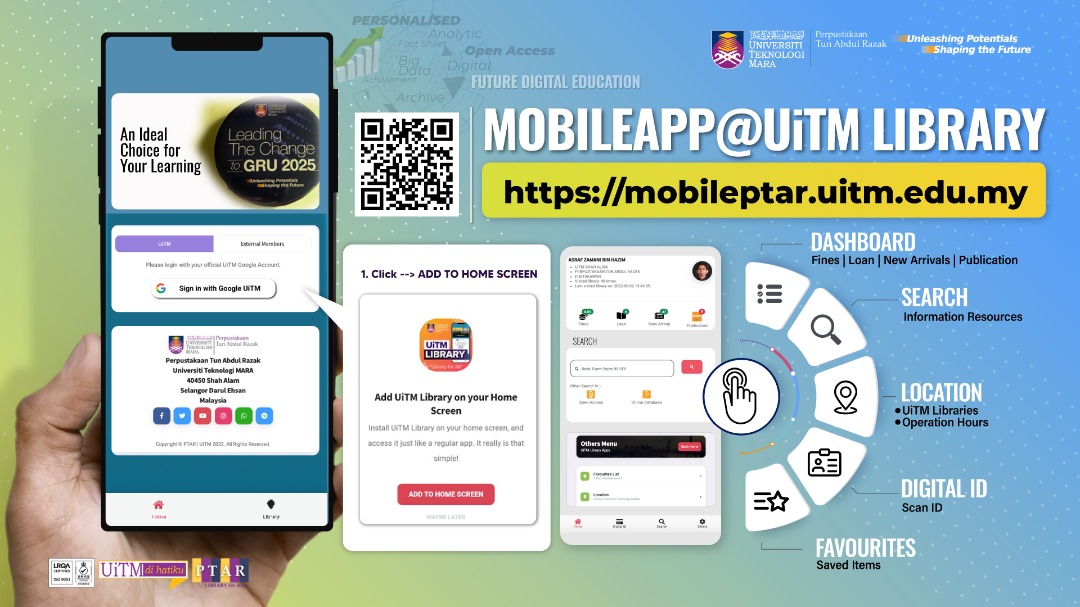American ISPs have convinced us that Internet access is expensive—getting speeds of 100Mbps will set most people back by more than $100 a month, assuming the service is even available. Where I live in Chicago, Comcast's 105Mbps service goes for a whopping $199.95 ("premium installation" and cable modem not included). Which is why it was so refreshing to see the scrappy California ISP Sonic.net this week roll out its new 1Gbps, fiber-to-the-home service… for $69.99 a month.
Sonic.net has been around since 1994, selling DSL service in California, but it has recently expanded into fiber; the company has even secured the contract to manage Google's own 1Gbps fiber network that will connect 800+ faculty homes at Stanford University.
Sonic.net's new approach to broadband involves stringing its own fiber lines to homes and offering bargain-basement pricing; indeed, the new 1Gbps offering is the same price as the company's earlier bonded 40Mbps DSL offering (in which two phones lines each provide 20Mbps of bandwidth to a home). The price even includes home phone service.
Is this really a sustainable model? After all, Comcast offers 1.5Mbps service for a list price of $40; Sonic.net's new offering is more than 600x faster at only twice the price.
Dane Jasper, Sonic.net's CEO, tells me that the new fiber-to-the-home deployment is a trial and will reach about 700 homes when complete. "Honestly, only as those wrap up will we have a complete picture of the economic model," he says. "But I believe that fast service for a low cost is possible."
If the pilot in Sebastopol, California goes well, Sonic.net hopes to expand the service across the region.
Jasper doesn't think like a typical US Internet exec; in an interview last year, he made clear that his company tries to avoid artificial limits as a way to make more money. "The natural model when you have a simple duopoly capturing the majority of the market is segmentation: maximize ARPU [average revenue per user] by artificially limiting service in order to drive additional monthly spending. But fundamentally this is the wrong model for a service provider like us, and we have looked to Europe for inspiration… I believe that removing the artificial limits on speed, and including home phone with the product are both very exciting."
Though the current trial is small-scale, Sonic.net's pricing reminds us just how much room there is in the US Internet market for truly disruptive pricing of the kind that Google has been promising—but on a much larger scale—with its 1Gbps fiber builds in Kansas City, Missouri and Kansas City, Kansas.














